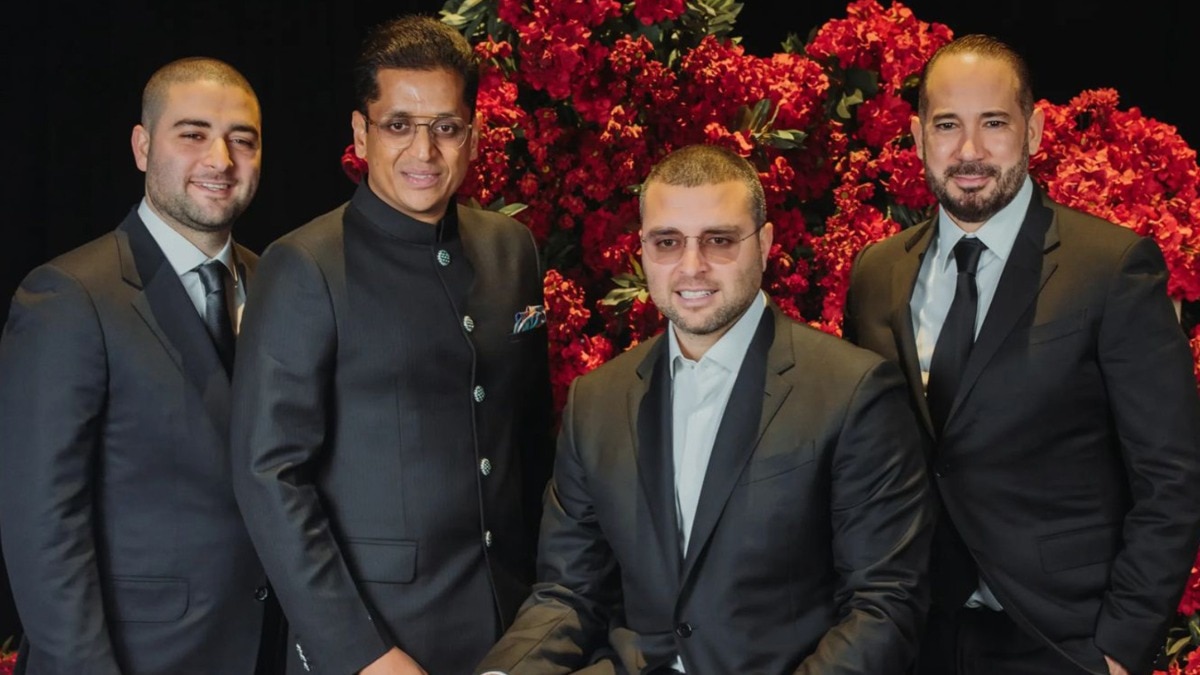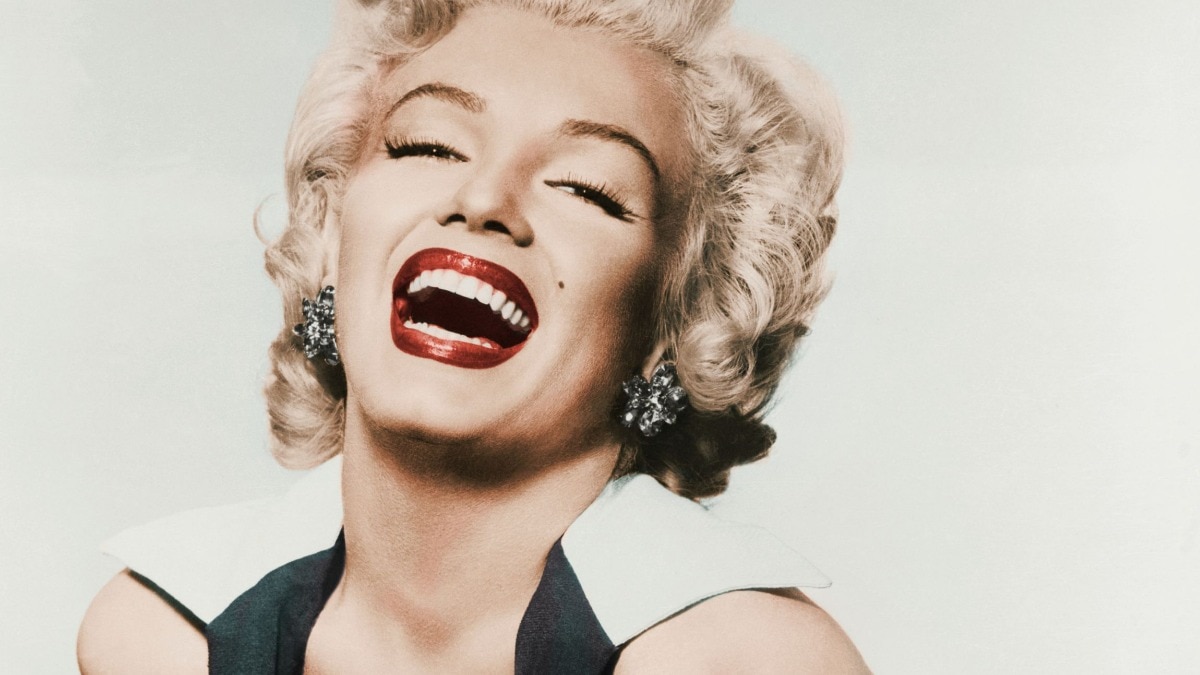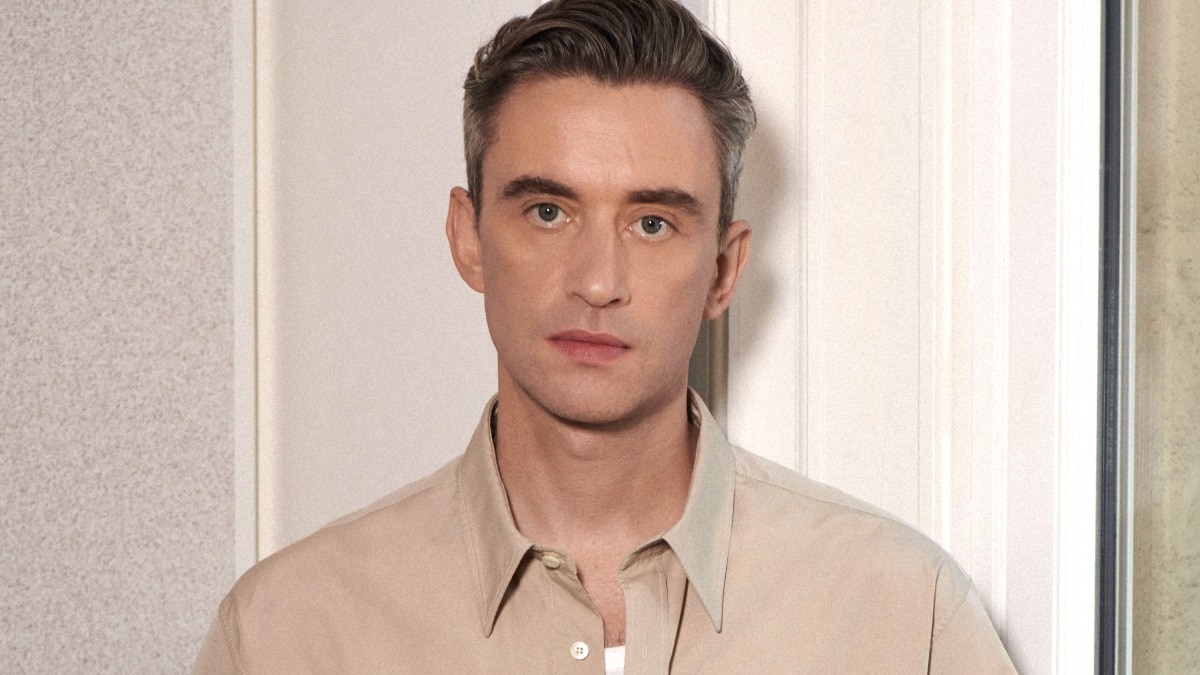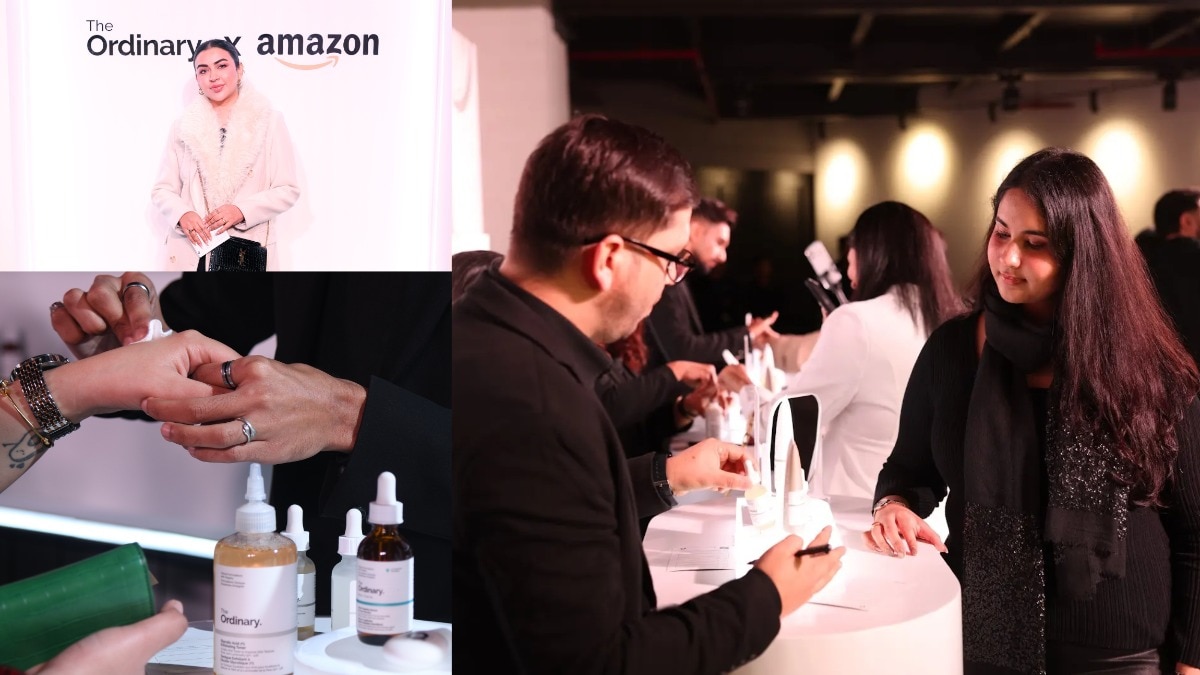
Blaming yourself for your anxiety can never be good for you—here’s why
A psychologist, a therapist, and mental wellness advocate weigh in to remind you to be kind to yourself.


Think of Serena Van Der Woodsen from Gossip Girl or John Nash from A Beautiful Mind, or even Devi from Never Have I Ever, who always find themselves feeling inferior, scared, and insecure with an all-overwhelming emotion of blaming themselves for their predicament. How often have you caught yourself blaming you for your anxiety? Or felt that you are responsible for a stressful situation you find yourself in? Self-blame is defined as a cognitive process in which an individual attributes the occurrence of a stressful event to oneself. According to Psychology Today, “Self-blame is one of the most toxic forms of emotional abuse. It amplifies our perceived inadequacies, whether real or imagined, and paralyzes us before we can even begin to move forward.”
We spoke to a psychologist, therapist and mental wellness advocate to understand why we blame ourselves for our mental health struggles, how it can affect, who is to blame and what we can do instead. Read on.
Why do we blame ourselves for our anxiety?

Most of us have grown up in a world believing that being vulnerable is being weak, that feeling depressed is being over-reactive, and anxiety is just a passing phase. According to the Mental Health Collective, “Unfortunately, this often results in feelings of self-hatred and self-blame as individuals begin to judge themselves as harshly as they think that others do.” Further, self-blame eventually becomes a survival response to any stress experience you may have in your life. It enables the perception that you are in control of the situation, even though you may not be.
What effect can self-blame have on our lives?

Think of how negatively you perceive yourself when you take blame for your anxiety. Self-blame can have a severe impact on your levels of self-esteem, can lead to resentment and even cause a strain on your relationships. It can lead to excessive feelings of guilt, a lack of motivation and purpose, and a constant feeling of being overwhelmed.
According to Dr Chloe Carmichael PhD, “Blaming ourselves for anxiety is rarely productive. It's kind of like yelling at a person to be less stressed. Instead, it's helpful to understand what could be the healthy signal the anxiety is trying to send. If the anxiety is signalling that we are with a friend who tends to undermine us in some way, the most helpful response might be to confront the situation or distance ourselves. If the anxiety is more about a personal insecurity, we might want to try reassuring thought replacements to override a maladaptive inner monologue.”
The truth is that self-blame is hardly a solution to the mental health challenges you might be facing. In fact, it may worsen the problem. “It is important to remember that issues such as anxiety are not your fault. There are so many factors contributing to your mental health issues and we need to understand that,” says psychologist Nisha Khanna.
Does this mean you can blame others?

Not really. On the other end of the spectrum of blame, we find ourselves constantly playing the blame game—one that is hardly as rewarding as it seems. Sometimes when we feel anxious, overwhelmed, or stressed, we often turn outwards and blame others for the way we are feeling. One of the primary reasons for this our own lack of confidence, feelings of helplessness and inability to change the situtation.
“Looking outwards doesn’t mean blaming others for this either; this would simply have us constantly living in a negative mode,” says Sharmilee Kapur, co-founder of Atmantan Wellness Centre. When we blame others, we are giving up control of our own feelings to someone else, who may not even be responsible for it. Blaming others often becomes a hindrance to our personal growth because it takes us away from paying attention to our own behaviour and actions. “Blame suggests wrongdoing. If others are wronging us, then holding them accountable could improve the relationship if the person is willing to change; or it could create distance in the relationship of the person resists accountability. On the other hand, if you're feeling anxious because of something about the people surrounding you, yet they're actually doing nothing wrong then sometimes it can be helpful to share with them in a manner that makes it clear you're not blaming them.”
But mostly, taking turns playing the blame game with yourself or those around you is unlikely to be a long-term solution for your anxiety.
What to do instead

One of the first steps in overcoming self-blame and then navigating your way through anxiety is recognising that you are responsible for the way you feel. According to Psychology Today, “Taking responsibility is not the same as taking the blame. The idea of blame suggests there is some implied wrongness afoot—an abject negative. Taking responsibility means acknowledging our part in what is wrong.” Once we take away the blame and accept responsibility, we begin to hold ourselves accountable for the way we feel and make efforts to change it.
“Practicing self-care and seeking professional help, without blaming yourself or anybody else, is perhaps the most significant way to overcome this,” says Khanna.
“We should be self-compassionate, work on our thoughts and mindset such that they invite calmness, strength and help us improve our perspective on life and people. Instead of letting this anxiety take over our life, and affect all our human interactions, we can start by accepting it, and then slowly working on going past it, one step at a time. With counselling, role playing, identifying and anticipating the triggers, using holistic therapies to strengthen the mind and self, through meditation, relaxation etc., incorporating the right diet, sleep timings and lifestyle can all help one eventually beat this disorder. The silver lining above all is knowing that anxiety is treatable and that we are so much more than our disorder,” says Kapur.










